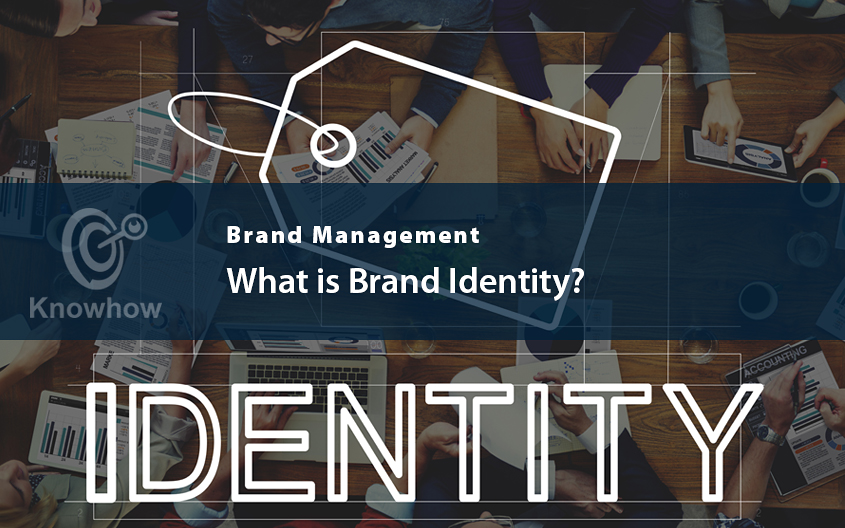
Brand identity definition and concept
It is of crucial that businesses and organisations provide their customers with unique products so that they can clearly distinguish themselves on the market. Thus, brand identity is of the utmost importance, as it will serve as a way to stand out among the competition.
Brand identity comprises of:
- Brand vision
- Brand positioning
- Brand culture
- Brand personality
- Relationships
- Presentations
Fundamentally, brand identity is a mixture of both functional and mental associations. It is a representation of an organisation through which consumers can get more acquainted with the company. Thus, brand identity is not a range of reasons why someone should buy a certain product. Instead, it serves to differentiate the brand and provide the consumers with that well-known sense of familiarity.
Associations can be various. They can come in the form of tunes, trademark colours, logos and taglines. Some good examples of these would be the blue colour Pepsi uses, the “Think different” tagline of Apple, and even the checkmark Nike uses as a logo.
Brand identity as a promise
Companies can use their brand identity as a promise they’re making to their consumers. It’s how they want to be perceived in the world and in their niche market. Thus, it’s a feature normally connected to a certain company, service, product, or even an individual. It’s an expression of the brand in the world, and it comes in various forms.
Brand identity can be closely related to a product or a personality. It can also indicate the position that it has in a consumer’s mind. Moreover, it can be perceived as a set of values.
A crucial element for growth
Since brand identity encompasses various elements, it goes without saying that it’s a way to identify and differentiate a brand among its competitors. Thus, its creation is crucial, as it is a factor that will influence the way and the level to which the company can grow.
A brand wants to get noticed in its niche market. Hence, its identity ought to include a trademark colour, logo, symbol, or name. The more unique it is, the better the results will be. It also has to show what the company stands for and what the consumers should think, feel, and expect from it.
Strong brand identity will:
- Improve brand awareness
- Motivate employees who will benefit from working in a well-branded company
- Inspire buyers to stay “active” and continue buying products or services
- Allow the company to develop its corporate style
- Inspire brand loyalty and brand preference
- Allow the company to enjoy high credibility
- Provide good prices to the consumers and great financial returns to the company
Furthermore, a powerful brand identity will also create and strengthen the relationships that consumers and organisations share. It will assure them that the company in question is reliable and trustworthy. However, for that to happen, brand identity also has to be sustainable. It also has to inspire the consumers to immediately feel a connection with a service or a product.
Finally, we can also understand brand identity as a futuristic means of recognition. Fundamentally, it should reflect the brand’s long-term qualities and associations. Only then will a brand be able to stay relevant and distinctive among its competitors.
Related content:
Brand Management Knowhow – learn more about branding with our collection of educational articles.
From corporate branded tote bags, company printed pens, mugs, water bottles, printed face masks through to eco-friendly giveaways, company clothing and branded notebooks, here at GoPromotional we believe that you are sure to find the perfect logo printed gifts to help build your brand.
If however, you require further information or have any specific questions, don’t hesitate to give a member of our experienced team a call on 0800 0148 970 or simply email us today.






